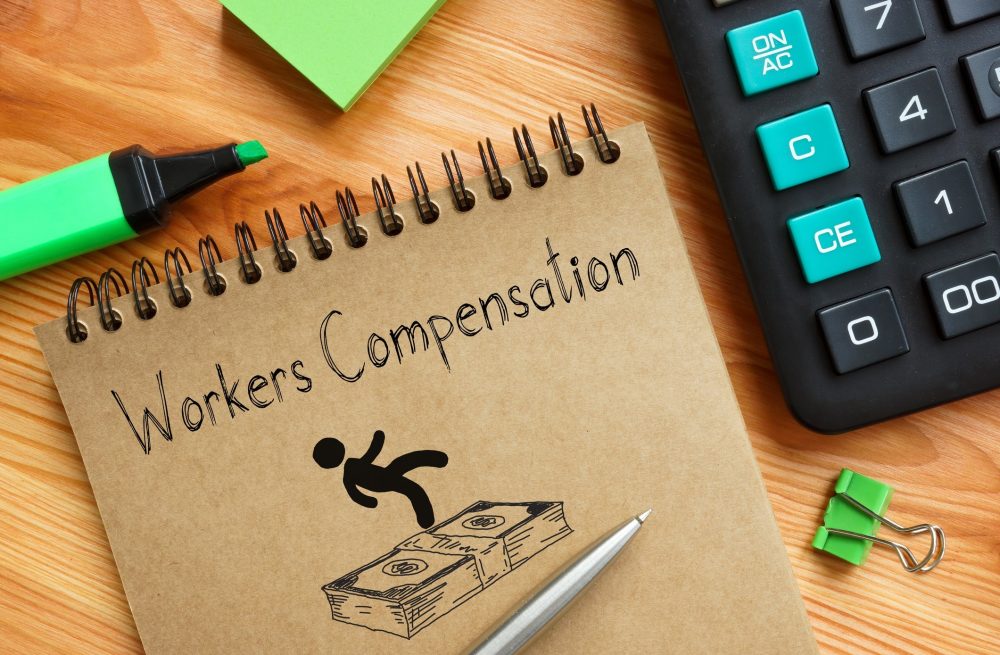Workers compensation is a necessity amongst most businesses, but with a non-profit charity job this sometimes may not be the case. Have you heard the expression, “no good deed goes unpunished”? Well, that was almost the case for one New Jersey woman. In Goulding v. NJ Friendship House, Inc., the Plaintiff, a cook and teacher for a New Jersey non-profit, worked a “Family Fun Day” organized and hosted by her employer. All of the employees who worked at the event had volunteered and were not required by the non-profit to do so.
During the event, Plaintiff stepped into a pothole and fell. She suffered injuries to her ankle. She later made a claim with the non-profit’s workers’ compensation insurance carrier. That claim was rejected based upon a determination that the woman was not “working” when the injury occurred. The Workers’ Compensation Court dismissed the claim, finding that the event was a social or recreational activity, not an employment activity. Plaintiff appealed, and the Appellate Division agreed with the decision of the Workers’ Compensation Court and upheld the lower court’s decision.
The Case made it to the New Jersey Supreme Court, where the Plaintiff received a favorable decision. The Court found that Plaintiff’s injury was compensable, and rejected the determination that the event was a social or recreational activity. The Court further explained, that even if the event was social or recreational in nature, the Claimant would nevertheless be entitled to workers’ compensation benefits, because her attendance and volunteering at the event was a regular incident of employment, meaning she was doing the same tasks at the event that she regularly completed in her daily job. Further, the event produced a benefit to the employer beyond improvement in employee health and morale. This is the two-part test, provided by the Worker’s Compensation statute, outlining what is required to collect workers’ compensation benefits outside of the normal employment environment.
In overturning the Appellate Division’s decision, the Court protected the rights of employed individuals who engage in good deeds, to the benefit of their employer. In the end, the Plaintiff was able to recover her workers compensation benefits owed to her. Simply because you may have been hurt outside of the normal work environment does not automatically disqualify you from receiving benefits under your employer’s workers’ compensation policy. There are instances, such as this, where injuries are compensable under an employer’s workers’ compensation policy.

